Vancouver’s Museum of Anthropology Launches Amazonia: The Rights of Nature
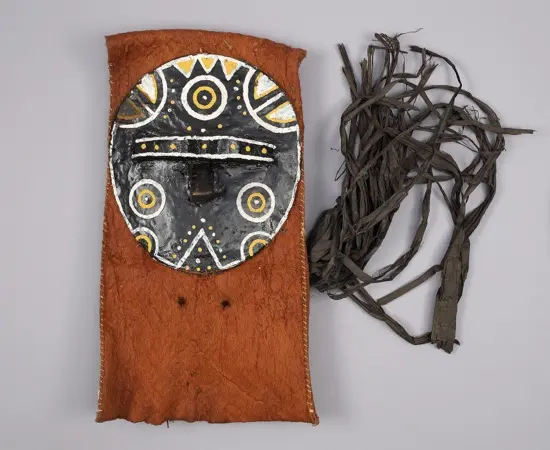
One of my favourite places in the city is the stunningly gorgeous Museum of Anthropology (MOA) at UBC. I never get tired of its design, with its confluence of modernist concrete and glass, northwest coast post-and-beam design, and natural forest backdrop. Its permanent exhibits and open storage are always well worth another visit.
I go to MOA (6393 NW Marine Drive) at least twice a year, especially when they have a new temporary exhibit to check out. It makes for a good day-time outing, or an evening date on a Thursday when MOA opens until 9pm.
On March 10, 2017, MOA will be launching the provocative and enlightening Amazonia: The Rights of Nature, which will run until January 28, 2018.
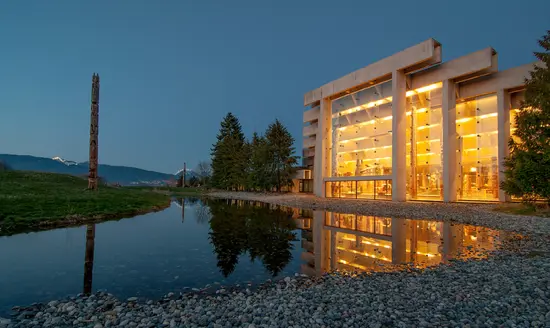
The exhibition will be housed in the O’Brian Gallery and has three key aims. First of all, it showcases the incredible diversity–culturally, linguistically, and socially–of the Amazon region and its peoples (Indigenous, Maroon, and White settler groups). This breadth of cultures and experiences are presented through a range of items on display, such as ceramics, basketry, feather works, carvings, and textiles.
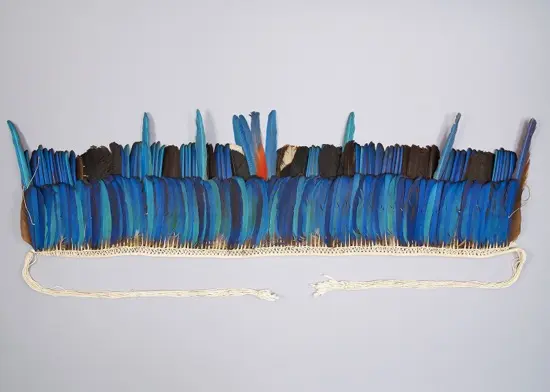
These objects are made of materials from the region, such as animal parts, clay, and wood, and evidence the craftsmanship and creativity of those who live there. For example, a long bird necklace, made in Ecuador before 1927, is composed of thirteen strands of white and black seeds, forming a triangular, alternate colour pattern. Attached are a range of large and small dried birds. This necklace as well as other items highlight various cultural, social, and spiritual practices, ranging from everyday to ceremonial use.
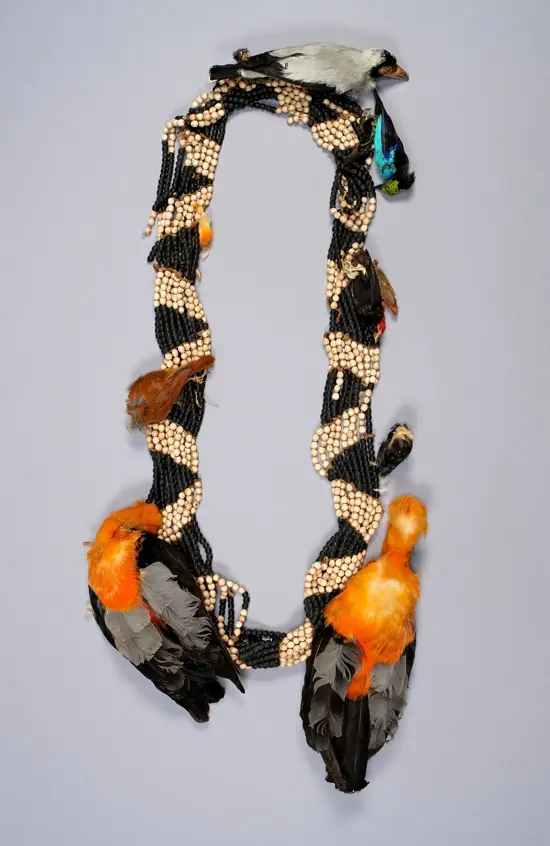
The exhibition has a second purpose of exploring the response to threats of environmental degradation from factors such as mining exploration, hydroelectric plants, political violence, and industrial agriculture. The subtitle The Rights of Nature refers to an emerging school of environmental thought that rallies itself away from a Western profit oriented mindset to one that is much more holistic, premised on equality, unity, and reciprocity from both a gender and social perspective.
Dr. Nuno Porto, MOA Curator, Africa and Latin America, has drawn the objects from MOA’s collection of acquisitions and donations. They cover 100 years of unsuspecting exchange between Vancouver and Amazonian peoples–the third provocative aspect of the exhibition. The hope is that the exhibition will allow visitors to learn about this vibrant and fascinating region, its communities, and their cultural production; consider its environmental menaces; as well as gain much greater awareness of the potentials of more holistic thinking when it comes to the future of the Amazon.
For more information, visit the MOA website.
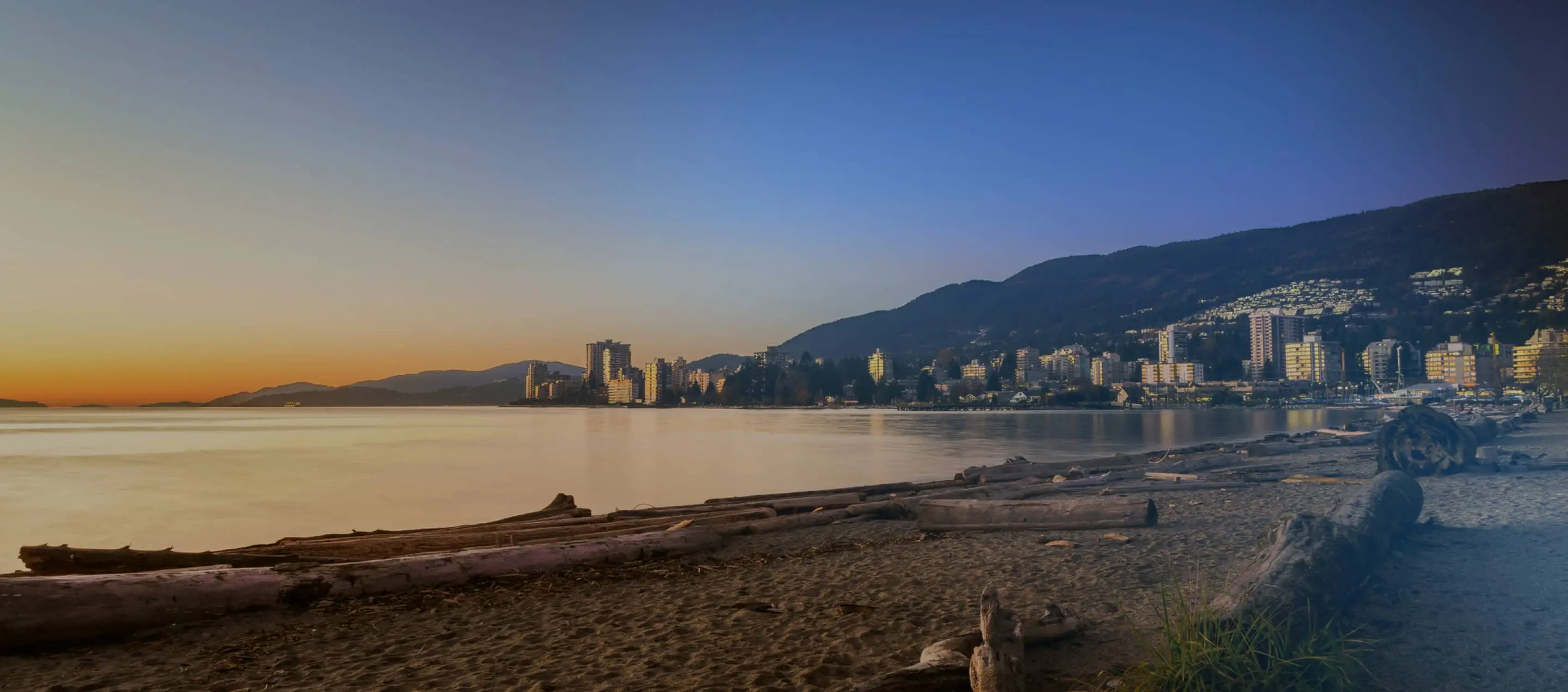
Craving
retail
or
nightlife?